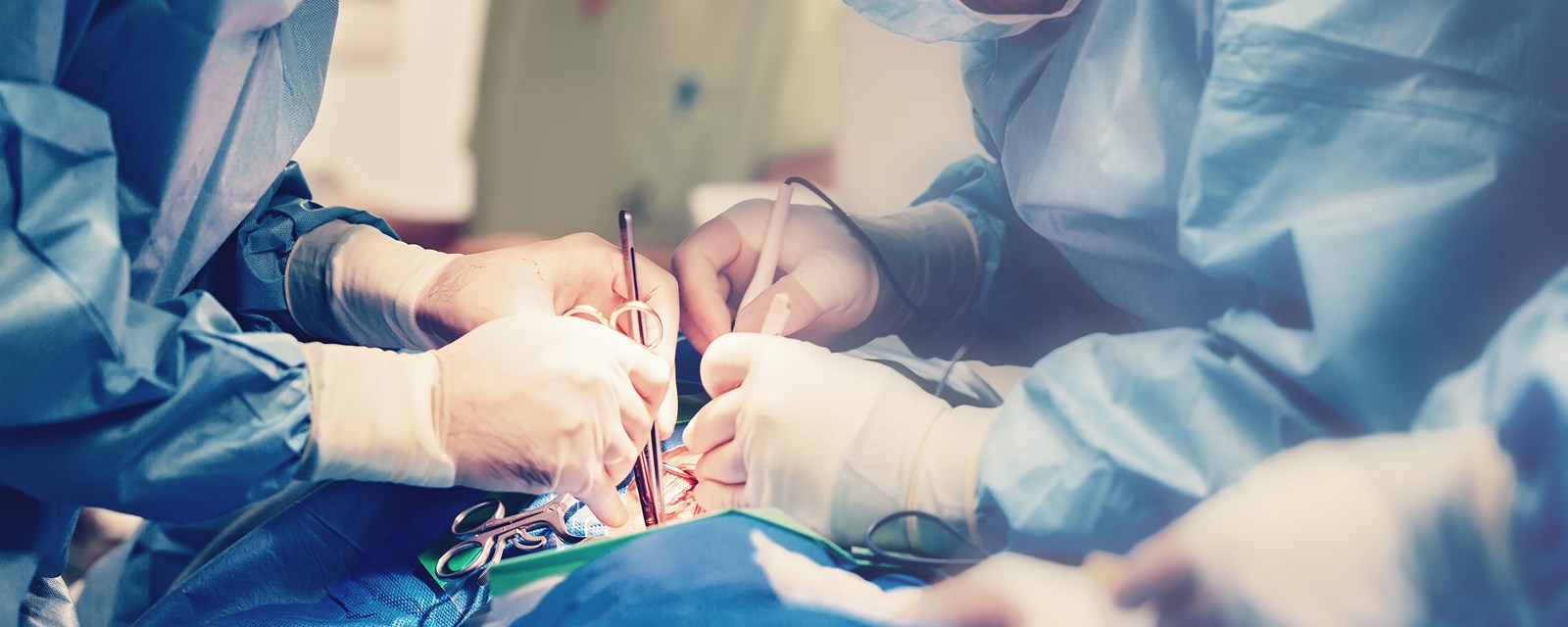
A day in the life of a trainee surgeon
Coming from a family of doctors, trainee surgeon Katie Young always knew she wanted a career in medicine. Here she describes her working day and explains why she aspires to become a plastic surgeon.
I’m currently a core surgical trainee in London, hoping to one day be a plastic surgeon specialising in limb reconstruction after trauma. When I was younger I always looked up to my older brother who for years said he wanted to be a hand surgeon, so naturally, I did too. Ironically though, he never studied medicine!
Coming from a long line of doctors I couldn’t help but be inspired by my parents and how much they enjoyed their work. I always wanted to be a surgeon and while I was at medical school I threw myself into every surgical specialty.
Although I enjoyed almost all the surgical fields I experienced, I was captivated by plastic surgery, particularly the spectrum of procedures, performed on all ages. I was enamoured by the way the plastic surgeons handled the tissues and respected anatomy in a very different way to all the other surgical specialties.
I love the variety. I get to work with so many different people; other doctors, nurses, secretaries not to mention the patients.
Now I’m working as a trainee I’ve found there’s no such thing as a typical working day – and that’s part of the attraction. Every day is different. Some days I’m in clinic, on the wards, in theatre, on call. Some days I’m sleeping in advance of a night shift. I love this variety. I get to work with so many different people; other doctors, nurses, secretaries not to mention the patients. Hospitals are surprisingly fun to work in.
Plastic surgery is such a diverse specialty, and through our training we are exposed to different fields; from hand surgery to breast reconstruction, craniofacial defects, and skin cancer to name but a few.
The down sides are the pressures which this career path puts upon you. The clinical work is the easy bit; it’s ensuring you’re on top of all the additional study, courses, conferences and publications to secure your future which is the tough part. The geographical challenges of the many different jobs and rotations can be hard to manage too. But would knowing all of this have made me change my path? Probably not.
If I had one piece of advice for doctors looking to enter this specialty I’d say be honest with yourself and your trainers. If at any point you don’t think it’s for you, don’t be ashamed to say so. It’s not for everyone, and you’ve got to be happy in what you do, but you won’t know until you’ve had a go.
As a trainee, let alone a consultant, you have to invest a lot of time and money into your career, with many sacrifices along the way. It’s worth it (I hope!) but only if it is really right for you.
